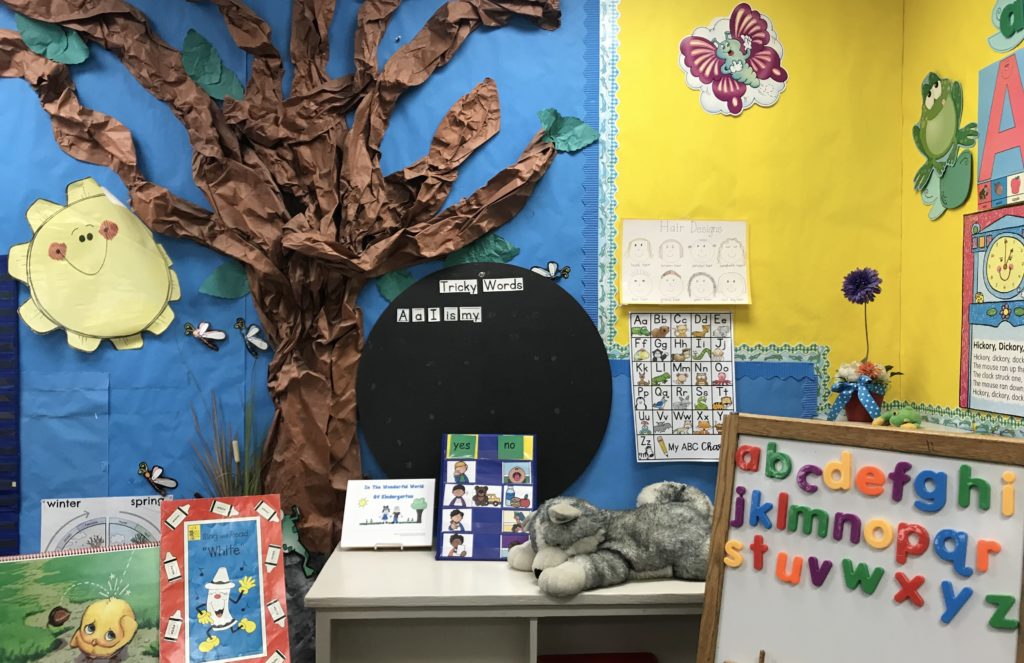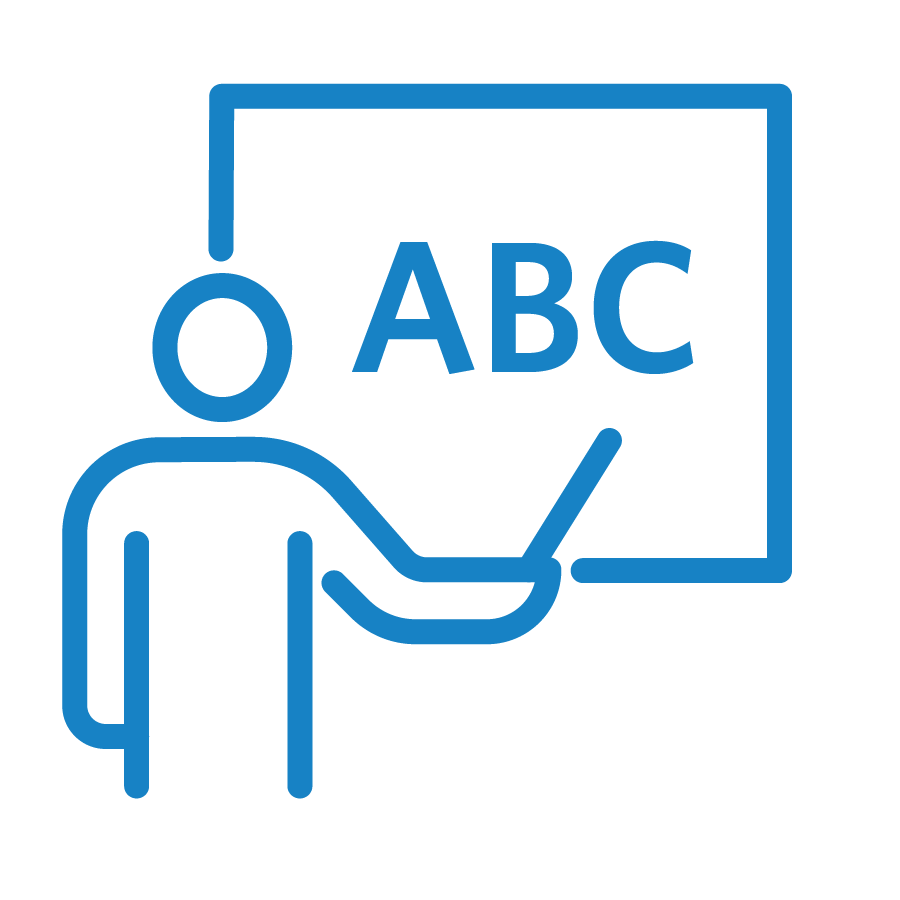Filter resources by:
Select a filter from the drop down menu to apply the filter. Page reloads upon selection

Aug 31, 2022
How to Be a Sticky Teacher
Lead with the Value Proposition As a first step, make onboarding easier and be wary of the ease-in approach, or the survey on the first few days. Today’s students are living in a digital world of quick sampling and swiping. Highlight the value proposition of your subject in early lessons. Successful apps are typically clear
Read Blog
Apr 22, 2022
Student Perspectives on Executive Function
In order to better understand the students we work with, we wanted to capture their understanding of who they are as learners and what they think about school when it’s hard and when it’s easy. We interviewed two senior students at Landmark to gain insight into how they view themselves as students. Question: Describe your
Read Blog
Mar 31, 2022
The Invaluable Paraprofessional
It is indisputable — paraprofessionals are valuable members of the educational team! These are the people who educators rely on to assist students in the learning process. Each school has their own job title to identify paraprofessionals, such as teaching assistant, aide, or paraeducator. A paraprofessional may be assigned to one student, a small cohort
Read Blog
Mar 21, 2022
What is Rapid Automatized Naming (RAN)?
When a student is experiencing difficulty learning to read, formal and informal educational testing and teacher and family observations can all work together to give insight as to why a student might be struggling. One important measure to consider when examining a student’s cognitive profile is rapid automatized naming (RAN). The Massachusetts Department of Elementary
Read Strategy
Feb 14, 2022
Building Equity in Literacy
Addressing a Harmful Narrative In order to address the problem, we must first acknowledge that there is a problem: we are faced with inequity in literacy instruction and achievement, particularly for students of color. If we want to provide equity in literacy, we must first confront the barriers that create inequities in literacy. First and
Read Blog
Feb 2, 2022
Early Identification for English Learners (ELs)
The Importance of Literacy Screening for ELs Literacy screening for early identification of reading difficulties is an essential part of education for all students, including those students who are learning English (DESE, 2021, p. 69). It is common thinking that a student who is learning English cannot be screened for learning disabilities, like dyslexia, until
Read Strategy
Jan 24, 2022
Executive Function and Process Writing
Using 5-Step Writing Process At Landmark, teachers help students develop written language skills through a consistent, research-based, multi-step writing process that occurs in two distinct phases: the prewriting phase (brainstorm, organize), which is all about generating and organizing ideas, and the writing phase (rough draft, edit/proofread, final draft), which tasks students to take all of
Read Blog
Jan 12, 2022
Using Visualizing as a Reading Comprehension Strategy to Engage High School Learners
Common Language for Reading Comprehension Much like developing a base for discussing decoding and fluency with students, establishing a common language for reading comprehension is of great importance. Many teachers focus on the six active reading strategies: Visualize; Clarify; Question; Predict; Connect; Evaluate. I’ve even heard the catchy mnemonic device, “Vicky called Queen Penelope cute
Read Blog
Jan 6, 2022
Bottom-up and Top-down Teaching
Teacher training models where component skills and content are acquired and then passed on encourage us to think “bottom-up” as educators. There are many benefits to what might be termed bottom-up teaching: the inductive practice of introducing specific skills in sequence and with abundant, success-oriented practice. A teacher leading her students on this journey often
Read Blog